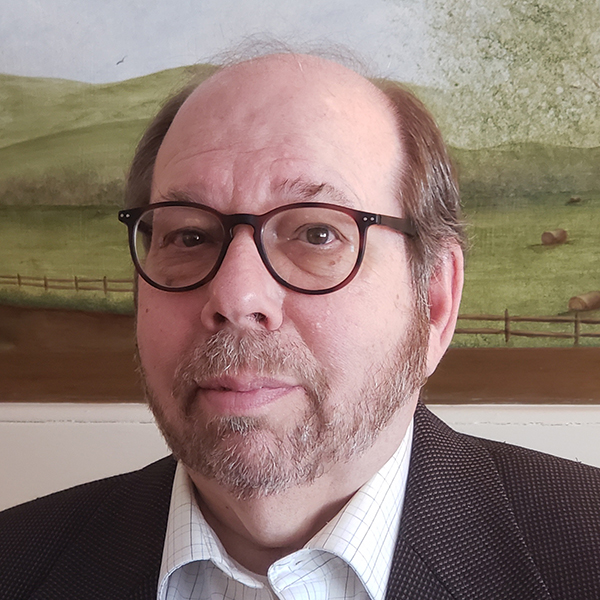
Al Bellenchia is Executive Director and CEO of Columbia-Greene Habitat for Humanity in NY, which celebrated its 30th anniversary in 2023. Under his leadership, CGHFH is evolving to build more often and to provide a greater diversity of homes and services to average-wage and lower-income residents. He has global experience in strategic planning, marketing, management, and organizational development, and has worked with for-profit and non-profit organizations of many sizes and specializes in driving growth. He has served on numerous boards and frequently speaks on housing, organizational development, and management issues.
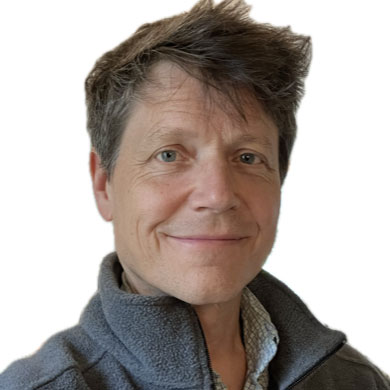
Harald Bredesen earned his master’s degree in organizational and social psychology at the London School of Economics and has 15-plus years of experience in international and local development, working with stakeholders to build resilient communities. At GrowSmart Maine, he works in partnership with municipalities, community leaders, local organizations, and others to create thriving communities for current and future generations. His work takes him to the intersection of where housing, conservation, economic development, and climate impact all meet in rural Maine.

Cynthia Carbone started her career as a health education teacher and coordinator, progressing to assistant professor and School Health Program Coordinator at Springfield College. With over 14 years of experience at Holyoke Public Schools, she began as the Wellness Coordinator at Dean Technical High School. She briefly left for a leadership role elsewhere before returning as Holyoke’s Director of Health, Wellness, and Nursing. She has managed numerous grants, led the School Community Health Advisory Council, collaborated on the HEAL initiative, and developed impactful school-based policies that have been adopted across the state.
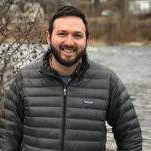
Brett Ciccotelli is First Light’s core team member focusing on return. He works closely with the members of the Wabanaki Commission on Land and Stewardship and First Light organizations in their shared goal of growing land ownership and access for Wabanaki Communities. In his role supporting the return of Wabanaki land to Wabanaki people, he regularly works with teams of Indigenous leaders, non-native land trust staff, and private landowners.
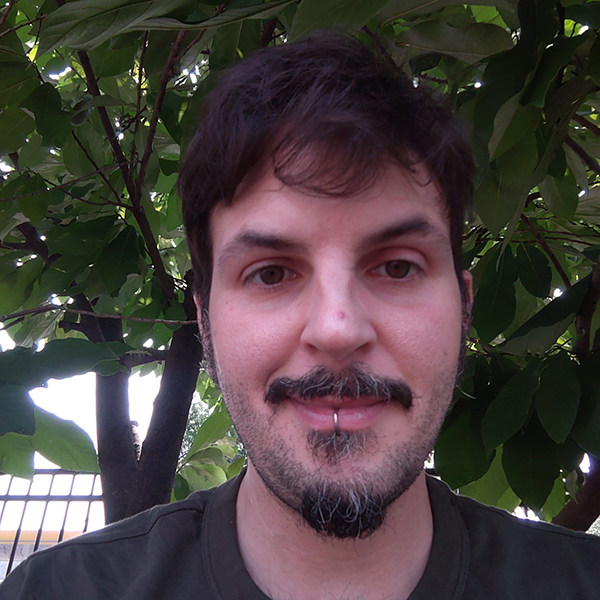
Jason Comcowich worked as a chef for many years before joining Nuestras Raices as the Development Director. He managed and taught hundreds of students and volunteers food skills, from cultivating and growing fruits and vegetables to preparing seasonal and local cuisine for diverse groups of people from all over the world. He has participated in urban food activism, helping different community groups reclaim vacant urban lots for community gardens.
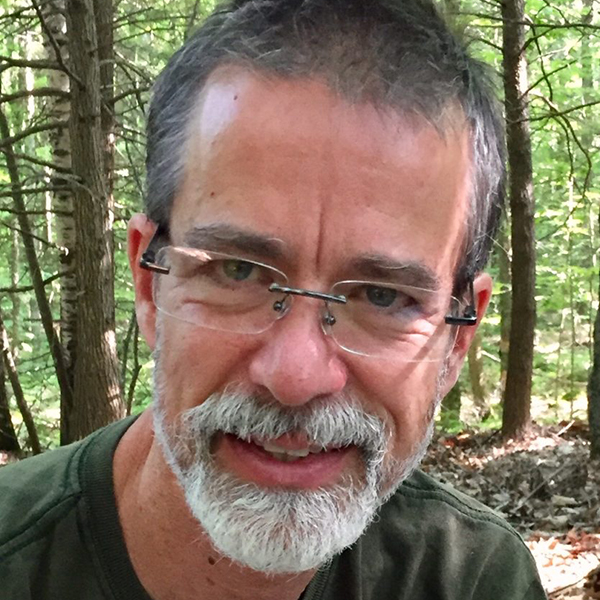
Brad Compton has more than 20 years of experience modeling connectivity, ecological integrity, and species habitat for applied conservation. He has had major roles in conceptual design and implementation of several landscape-scale products, including Massachusetts Conservation Assessment and Prioritization System and the Designing Sustainable Landscapes Project where he has been a principal since its inception in 2010.
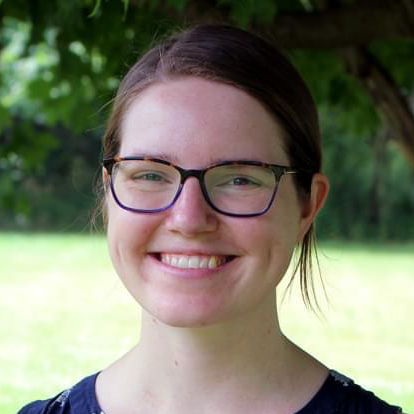
Katie Darr serves as a liaison between the New York, Vermont, and Quebec Citizen Advisory Committees, the Lake Champlain Basin Program, state agencies, and stakeholder groups. Katie is an interdisciplinary social scientist with a focus on collaborative natural resource management and community empowerment. She earned a BA in biology and environmental studies from Wesleyan University and an MS in marine resource management from Oregon State University. She also holds a professional certificate in Sustainable Tourism Destination Management from The George Washington University.
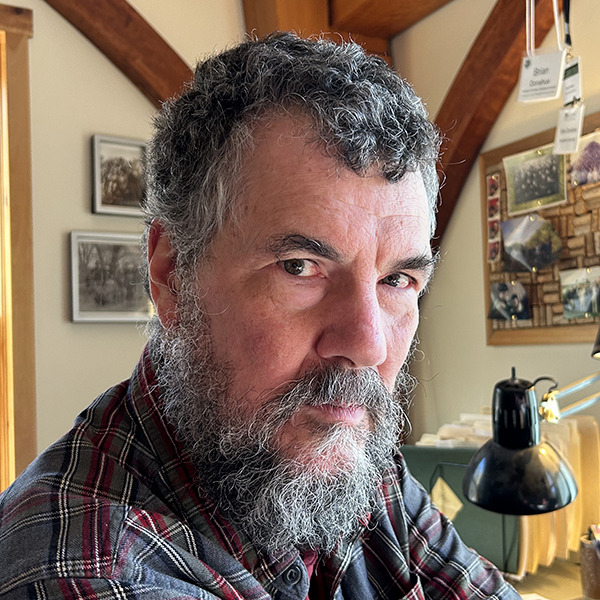
Brian Donahue is Professor Emeritus of American environmental studies at Brandeis University and a farm and forest policy consultant. He holds a PhD in history from the Brandeis program. He co-founded and directed Land’s Sake, a non-profit community farm in Weston, MA, and now co-owns and manages a farm in western Massachusetts. He is the author of Reclaiming the Commons: Community Farms and Forests in a New England Town, and The Great Meadow: Farmers and the Land in Colonial Concord. He is co-author of Wildlands and Woodlands and A New England Food Vision.
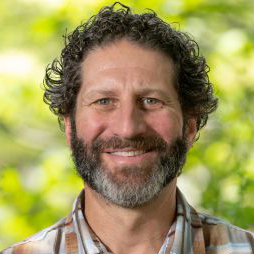
Jamey Fidel is General Counsel and Forest and Wildlife Program Director with the Vermont Natural Resources Council. In his capacity at VNRC, he coordinates legal, forest, wildlife, and land use-related policy and programs, including policy work in the Vermont Legislature and through the Forest Roundtable, a quarterly meeting of diverse stakeholders focused on forest policy, forest management, and conservation issues in Vermont. He also works with local communities promoting conservation planning, zoning, and non-regulatory strategies for forestland and wildlife habitat conservation.

David Foster is an ecologist, Director Emeritus of the Harvard Forest, and President Emeritus of the Highstead Foundation. He co-founded the Wildlands and Woodlands Initiative in 2005 and was lead writer of Wildlands in New England: Past, Present, and Future in 2023. He has written and edited books including Thoreau’s Country: Journey Through a Transformed Landscape; Forests in Time: The Environmental Consequences of 1,000 Years of Change in New England; Hemlock: A Forest Giant on the Edge; and A Meeting of Land and Sea: The Nature and Future of Martha’s Vineyard.
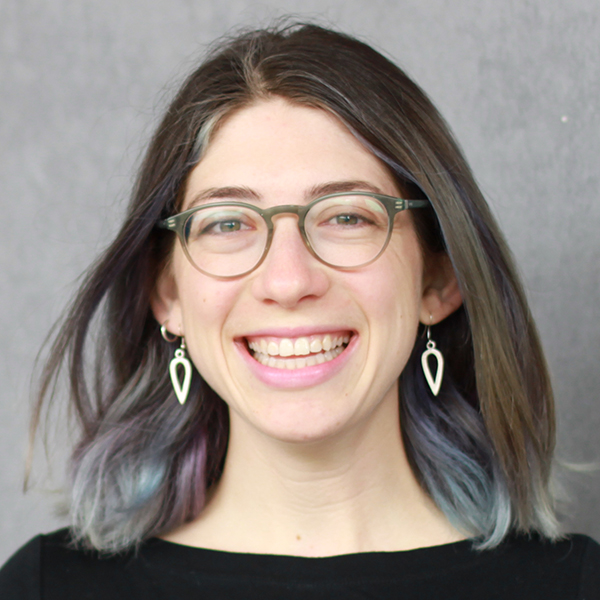
Abby Fullem is an associate at the Consensus Building Institute, where she supports multi-stakeholder efforts by developing equitable processes, strengthening collaborative capacity, and helping groups navigate through conflict. She worked in environmental conflict resolution in the western United States with ranchers, tribal representatives, scientists, and government agencies to co-manage watersheds. Now she helps groups work collaboratively on environmental and public policy issues such as land use, climate resilience, transportation, renewable energy, housing, and water quality.

Brian Hall works at the Harvard Forest and as a consultant where he analyzes data, makes maps, and communicates scientific information to land conservationists across New England. His work combines his interests in nature, art, and the scientific truth to help society protect the lands that are most important for plants, animals, and people.
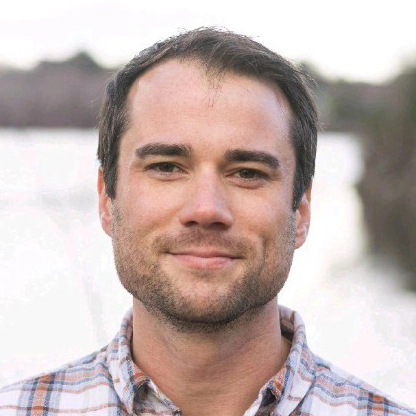
Connor Horton is committed to tackling some of the most pressing issues at the intersection of biodiversity loss, climate change, and sustainable economic development. As author and lead of The Nature Conservancy in Maine’s business engagement strategies, he works alongside private and public sector leaders to advance sustainable economies through collaboration, tech enablement, research, entrepreneurship, and targeted funding. Prior to joining TNC in 2019, Connor spent five years working as an Arabic linguist and intelligence professional in the U.S. Army. He holds an MBA and an MS in business analytics from Indiana University.
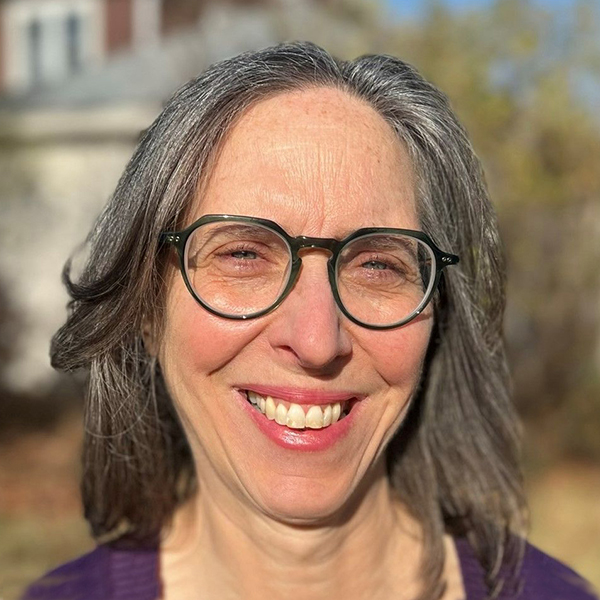
Sarita Hudson is Senior Director of Strategy and Development at the Public Health Institute of Western Massachusetts. Her work has focused on environmental health, climate change, violence prevention, and social justice activism, both local and with an international scope. A fluent Spanish speaker, she has traveled widely, presenting at conferences in Latin America and Africa and serving as a program director of a Mexico-based non-profit.

Scott Jackson is an extension professor whose primary responsibility is to develop and implement integrated research and extension projects in collaboration with conservation practitioners. His interests include wildlife ecology and conservation, wetland assessment and monitoring, impacts of roads and highways on wildlife, and landscape-based ecological assessment. His research projects include the Conservation Assessment and Prioritization System, Designing Sustainable Landscapes, North Atlantic Aquatic Connectivity Collaborative, wetlands assessment and monitoring, and ecosystem-focused climate adaptation.
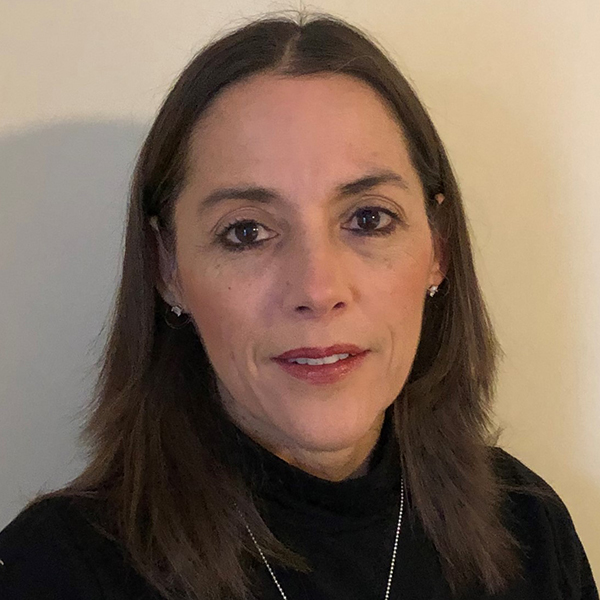
Ana Jaramillo works for the Holyoke Health Center as the Community Engagement Specialist. She is a Colombian Latina co-owner of Tamales Exquisitos, a food science engineer, a certified community health worker, a community engagement specialist, a Let’s Move Hampden County 5210 program coordinator, and a chef. She is on the steering committee of the Pioneer Valley Asthma Coalition.
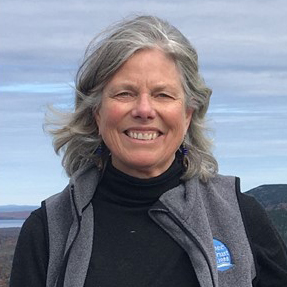
Theresa Kerchner is the Executive Director of the Kennebec Land Trust. She earned a master’s degree in ecology and environmental science from the University of Maine in 2002. In 2009, she led an effort with the Maine Forest Service to found the Kennebec Woodland Partnership. In 2013, with support from the Elmina B. Sewall Foundation, KLT and five statewide partners launched Local Wood WORKS which aims to advance and promote sustainable forestry, regional wood markets, and landscape-level forestland conservation.
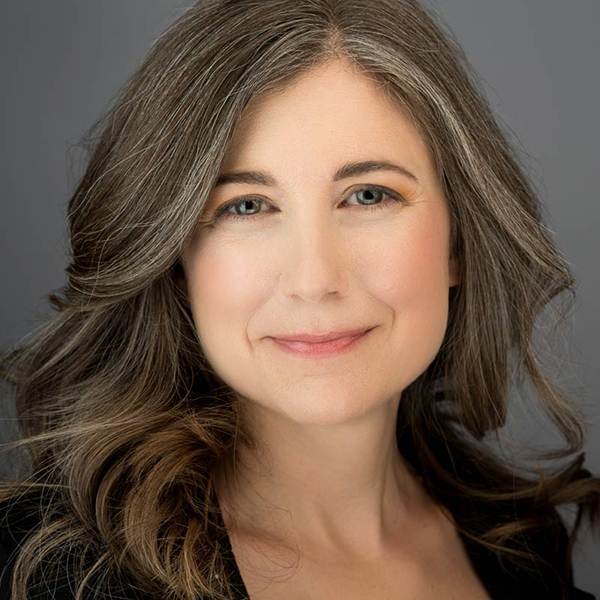
Tammi Kozuch is a registered nurse whose work has focused on HIV care and addiction treatment at the Holyoke Health Center since 2011. In early 2022, she took a new role working with a telehealth start-up company as their Clinical Director where she oversaw care teams that treat opioid addiction for patients in five states. In late 2023, she transitioned back to Holyoke Health Center as the Chief of Strategy where she oversees strategic planning, community relationships, new ventures, and critical projects that expand the health center’s strategic vision and offer new services to patients.
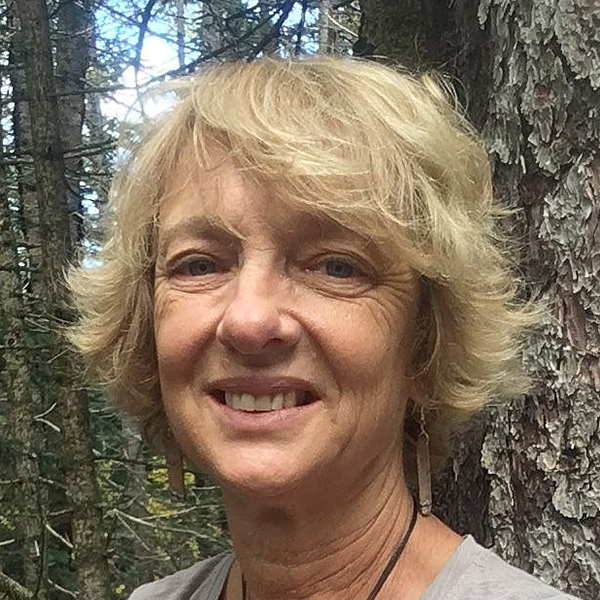
Nancy Patch is co-founder of Cold Hollow to Canada RCP and a board member for 16 years. She has a BS in forestry, a master’s in education from the University of Vermont, and an MS in plant and soil science from Texas A&M Kingsville. She has been a practicing forester for nearly 40 years and recently retired from the State of Vermont, where she was a service forester for 17 years.
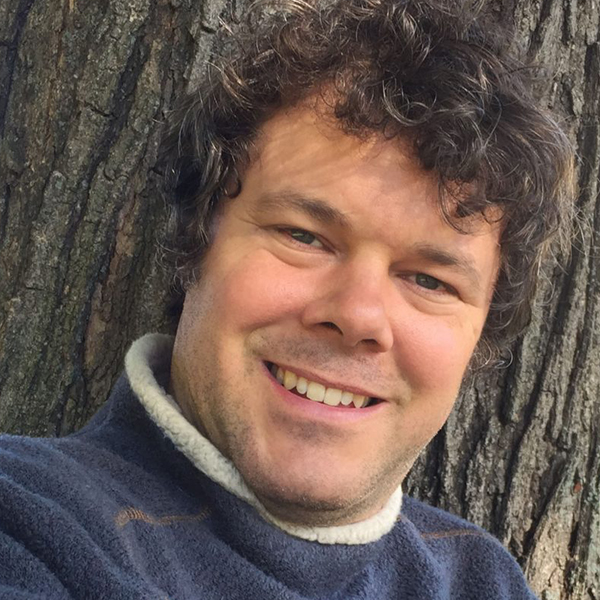
Ethan Plunkett has two decades of GIS, conservation, and spatial and statistical programming experience, including building statistical models to validate the Conservation Assessment and Prioritization System and working on the Designing Sustainable Landscapes project, where he built models to simulate urban growth and construct conservation cores. He has been a part of the Designing Sustainable Landscapes project from the start.
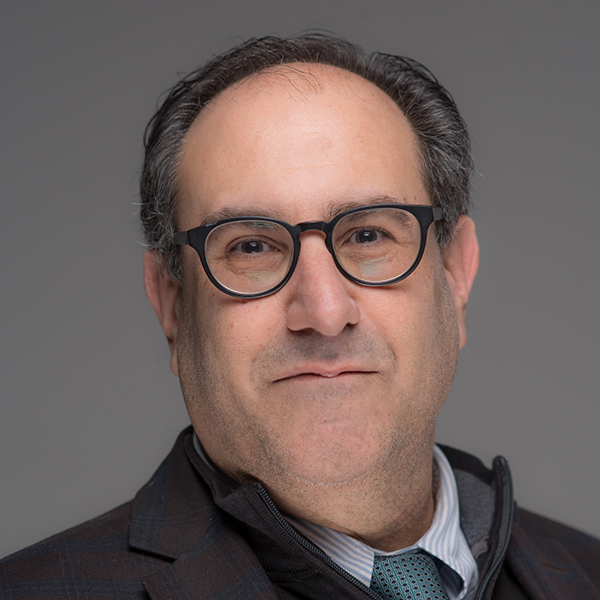
Darren J. Ranco is a citizen of the Penobscot Nation, professor of anthropology, chair of Native American Programs, and faculty fellow at the Mitchell Center for Sustainability Solutions at the University of Maine. He has a master’s in environmental law from Vermont Law School and a PhD in social anthropology from Harvard University. His research focuses on the ways in which Indigenous Nations resist environmental destruction by using Indigenous science and diplomacies to protect their natural and cultural resources. He teaches Indigenous intellectual property rights classes, research ethics, environmental justice, and tribal governance.
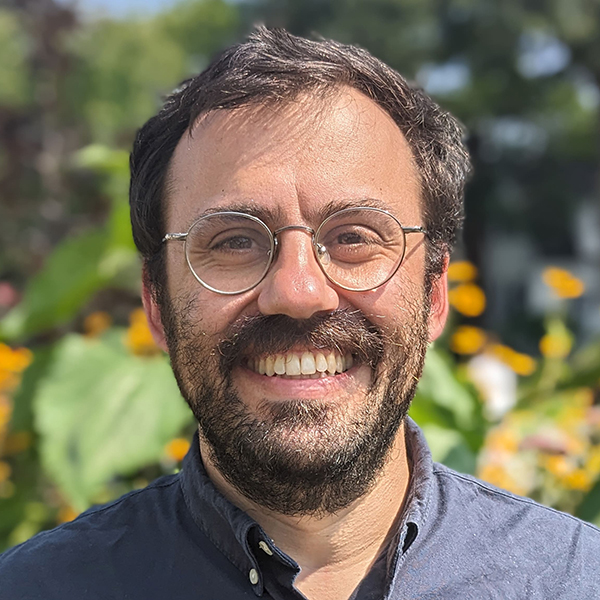
Alex Redfield is Co-Director of the Integrated Policy Program for Wildlands, Woodlands, Farmlands & Communities and Food Solutions New England. He previously managed Farm Viability and Farmland Protection programs for the Maine Department of Agriculture, Conservation and Forestry, and served as Director of Farmer Training for Cultivating Community in Portland, ME.
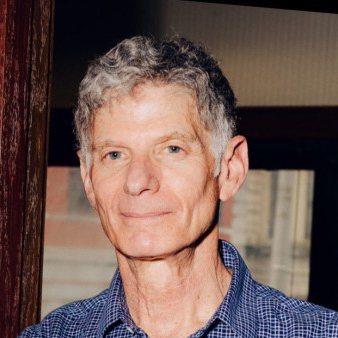
Steve Rosenberg is the Hudson Valley Alliance for Housing and Conservation project’s co-convener, the former Senior Vice President of Scenic Hudson, and the Executive Director of the Scenic Hudson Land Trust. He served on the board of the Land Trust Alliance for nine years. He has led many efforts bringing land, equity, and conservation together at the regional scale, including authoring the NYC/Hudson Valley Foodshed Conservation Plan, launching Scenic Hudson’s River Cities Program, and leading efforts to transform the Hudson’s post-industrial waterfronts into safe and inviting public places.
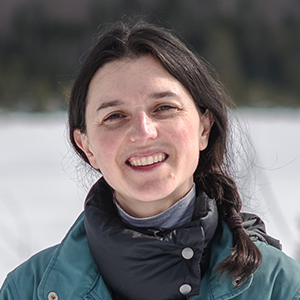
Shelby Semmes serves as Vice President for New England for Trust for Public Land, leading the teams delivering mission across Maine, Massachusetts, New Hampshire, and Vermont. She lives in Central Vermont, with her husband and sons.
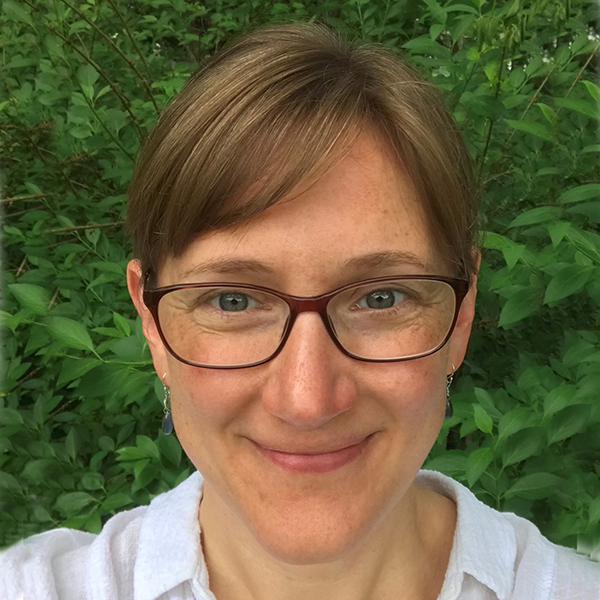
Julia Solomon has 20 years of experience facilitating group dialogue and planning processes for nonprofits, universities, and governments, and brings a scientifically grounded, interdisciplinary approach to projects. She has worked extensively on land and water conservation, land use planning, climate action planning and community engagement. She is the principal of Shadbush Consulting, which provides tailored services to organizations as they grow and change. Shadbush Consulting specializes in supporting collaboratives and cross-sector initiatives with a particular focus on climate resilience and community conservation.
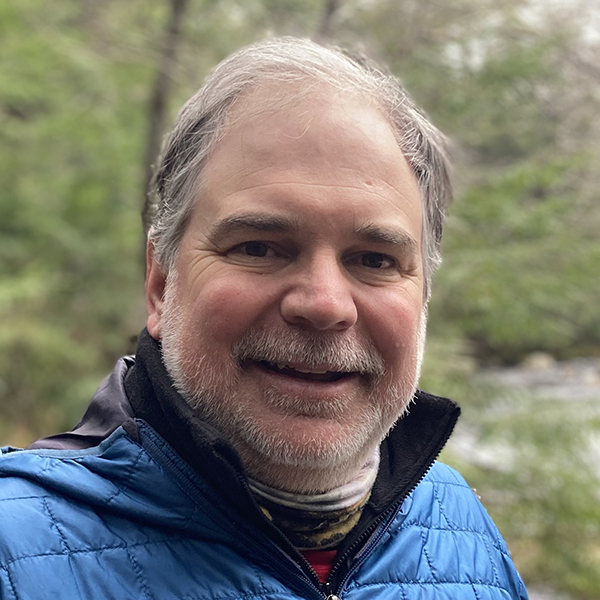
Bryan Wentzell has 23 years of experience in land conservation in Maine and the Northeast. He is the Executive Director of both the Maine Mountain Collaborative and Exemplary Forestry Management, the non-profit manager for the Exemplary Forestry Investment Fund. Previously, he worked with the Appalachian Mountain Club as the Maine Policy and Program Director. He received a BA in environmental studies from Middlebury College.